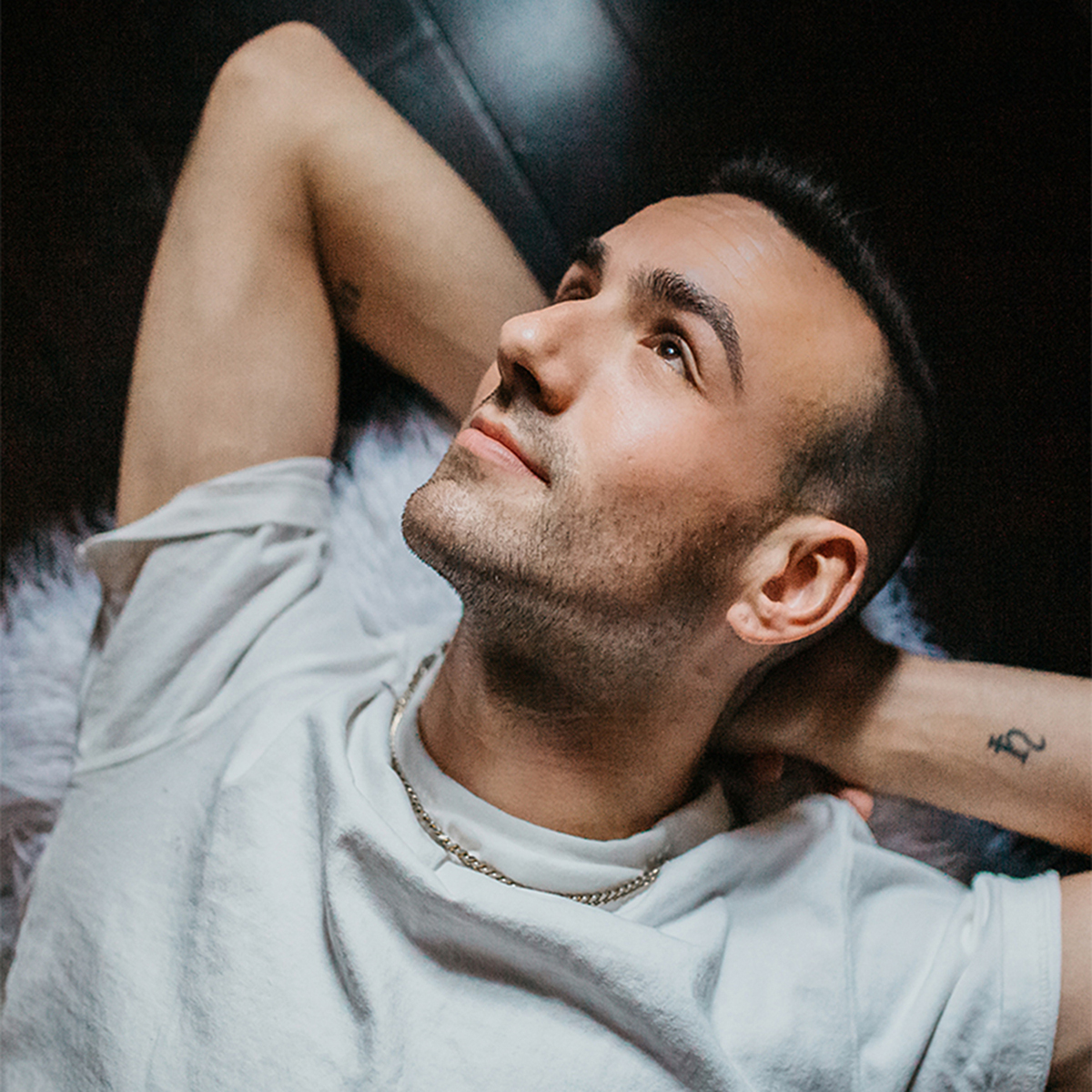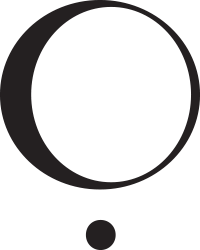
Inhale Exhale
Reading the Stars with Colin Bedell
First things first! How did you become interested in the world of astrology?
I became interested in Astrology when I was around twelve years old because my mother spoke about her family being so true to their signs.
Did you grow up with a family that was informed about astrology?
I did! Luckily! And the fact that my family was/is informed about it is really in the DNA of my work which I’m so grateful for.
What was the inspiration behind QueerCosmos?
The inspiration behind QueerCosmos was an idea that my best friend – a queer, Brooklyn native! – Christina X Mui and I thought of because we wanted to create a space that explored Astrology, queer identities and concerns, while bringing together the grounded theory of the personal growth experts and spiritual seekers we admired like Eckhart Tolle and Brene Brown.
What is a common misconception about astrology that you would like to debunk?
I like to think of the planets as elders, aspects as check-points, and our Astrological charts as stories that we can choose to listen to and choose to express in our experience. I think the most common misconception about Astrology is that it’s deterministic and certain. Which, I recognize the Astrological community is largely responsible for and we ought to clean up that mess.
Why do you think that astrology has become a bigger part of people’s lives in the past few years?
In times of crisis and turmoil, that’s usually when the mainstream and the general public leans on spirituality, faith, and metaphysics.
Why do people find so much comfort in astrology?
I think because, as my beloved friends Ophira and Tali Edut of The Astro Twins remind us, “Astrology’s underlying ethos is acceptance for all.” I think people find comfort in that value. I think people are looking for meaningful belonging to self, with others, the collective, and to the ages. Astrology doesn’t have a monopoly on fulfilling that desire but, damn – it helps.
How do you deal with the skeptics?!
I respect their decision to believe in whatever they want! No metaphysical system or theological tradition has a monopoly on the big Truth with a capital T. And I would say as long as their beliefs work as efficiently in their experience and give them the results they want, I’m in full support of their skepticism.
For those that are interested in astrology, but also intimidated by it, how would you suggest they first start exploring?
Start before you’re ready! I understand it’s a huge topic but nobody’s a master. We’re all students of it. So just begin – like you would while learning anything new. Give yourself grace while you learn. It’s okay to be imperfect while we learn a new language. And if you’d like to do it professionally, I’d say – find a few topics within the system and work hard to be a specialist at it.
The phrase “Mercury is in retrograde” has been shouted over and over again for the last few years. For those that are still confused by it, what does it mean?!
The correct terminology is “Mercury IS retrograde”. Retrograde isn’t a destination. It’s a speed. So when Mercury is retrograde – and, all the other planets except the Sun and Moon retrograde too! – you’ll want to put the ‘re’ in ‘re’trograde by: returning, reuniting, reviewing, reassessing, reminding, recognizing, etc. The world’s speed moves so fast! So when Mercury is retrograde is gives us time to return to the “past” and finish what needs to be completed and understood before we can move confidently in the direction of the future with more integrity.
You have written a book entitled Queer Cosmos– how do you think being queer informs your approach as an astrologer?
As my friend and colleague Laurence Joseph Jones reminded me, to “queer” is to “queerie” so question the truisms in Astrology. It informs my approach by queering what we’ve been told to accept as patently true and consider the possibilities of other possibilities. I also work hard to dismantle binary thinking in myself and my work; while removing shared-assumptions on gender, sex, sexuality, race, class, and ability.
Your book Queer Cosmos focuses on improving relationships with oneself and with others. Do you think that certain signs are more compatible together than others?
I think every single sign is compatible with every single sign! We can all choose who wants to be in a relationship with others and that’s the sole determiner of our relational outcomes. Our choices, our values, our willingness, our responsibilities. Not our Astrologies.
So much of your business depends heavily on digital platforms. What is your relationship to social media and how do you avoid burnout?
I think it’s a fantastic communication device that has essentially democratized media. Which has its flaws, too, of course. But the Gemini stellium in me loves it. I can’t say I avoid burn out all together but I know when I don’t have the energy for content creation which is my body telling me to relax and recharge.
What is the process of writing horoscopes like?
It’s fun! I have to search for the transits that are the medicine my readers need. And then when I write the advice next to the sign, I think of the people I love born under that sign which makes it very relational and humanizes the work.
We are in a time of such heightened anxiety and uncertainty. How can astrology help us through this moment, and others like it?
I don’t think it can be used responsibly to remove the uncertainty by falsely claiming or weaponizing certainty, but I think it can constantly remind us – who do I choose to be while I’m in the space of what’s happening? What mindfulness and regulation strategies can I lean on for resilience on anxiety?
What is going on in the world right now?! Is there a framework you can provide to help us make sense of this present moment?
For many different transits, we are seeing the destruction of systems that allude us as separate from each other. From COVID in the United States inspiring Americans to reconsider universal health care to racial injustices confronting white Americans with the indoctrination of our education which is built on the myths and fairy tales of white supremacy. Time is perennial. So we’re realizing we’re not separated from the past. Until and unless we realize our government’s primary organizing principle is economic principles rather than humanitarian ones, we’re not rising to the occasion of racial equity and removing unnecessary economic oppression from others.
What do you find interests people the most about astrology?
The self-awareness component. I think it’s my role to hold a vision of a strengths-based approach to what’s possible for my clients in this lifetime. They need to have a total stranger accidentally validate their inner most desires, fears, and longings. And I find my clients are interested in how it helps strengthen their relational intelligence, too.
How can astrology be a tool for self-discovery and reflection?
So many ways! Mostly, I think it can help us hear the story of our self-actualization beyond what the culture demands of us because of our gender, race, or class. When we know that our charts provide those instructions, we increase our capacity for self-acceptance which informs our most meaningful decisions.

